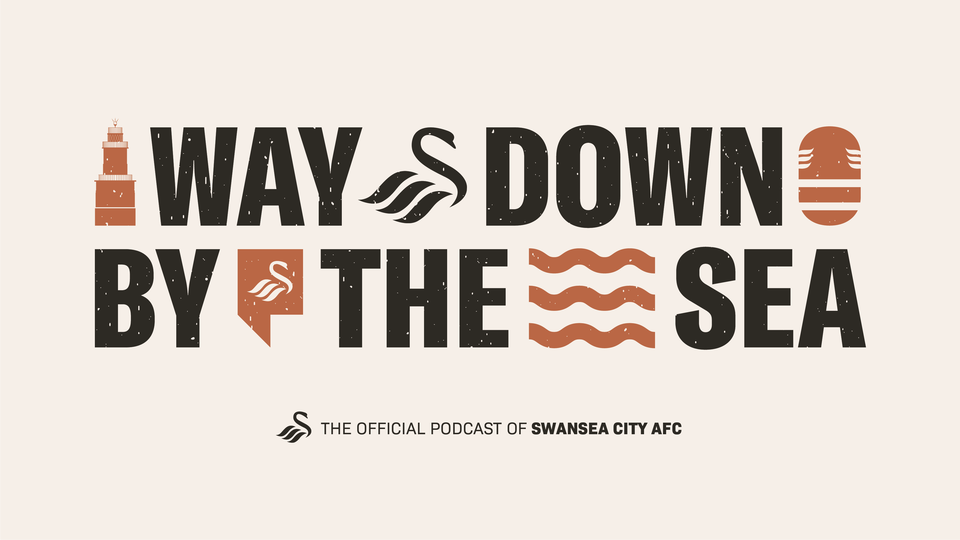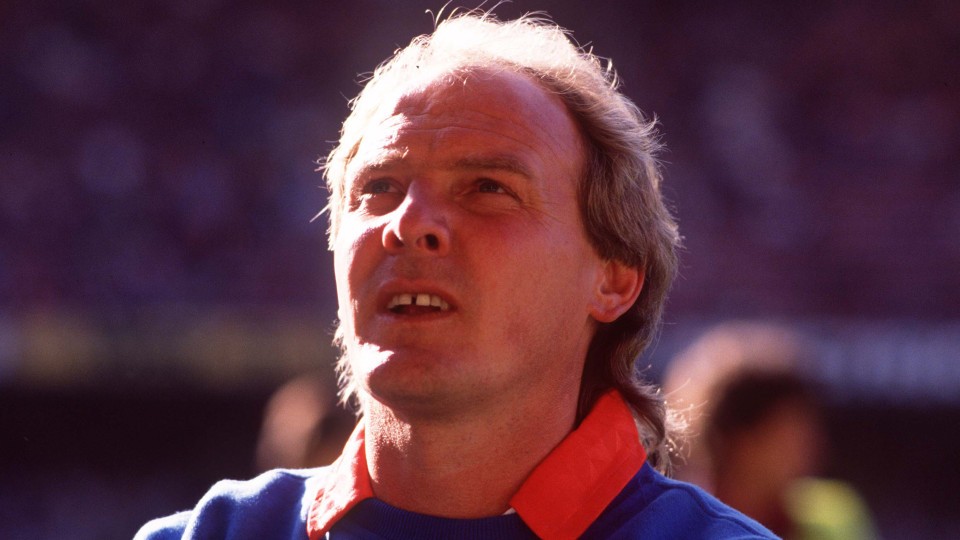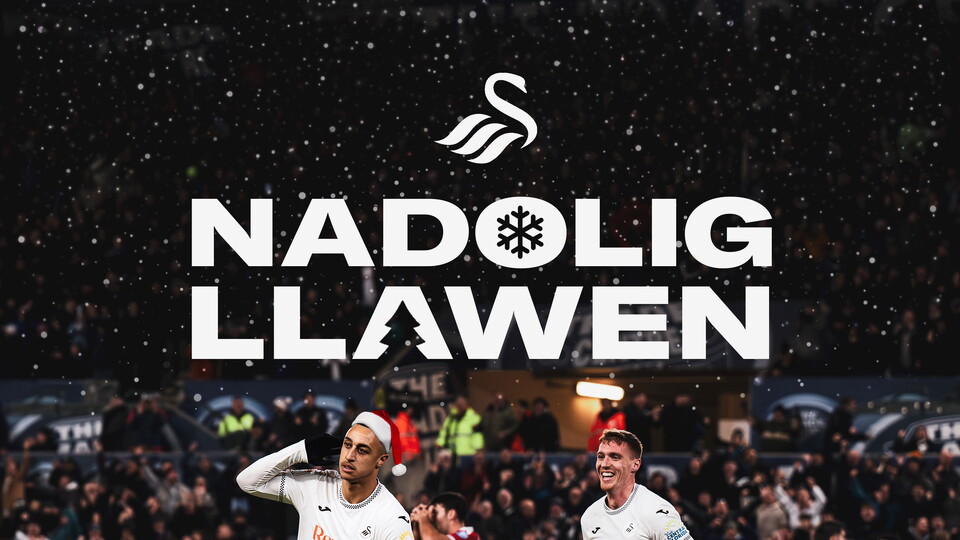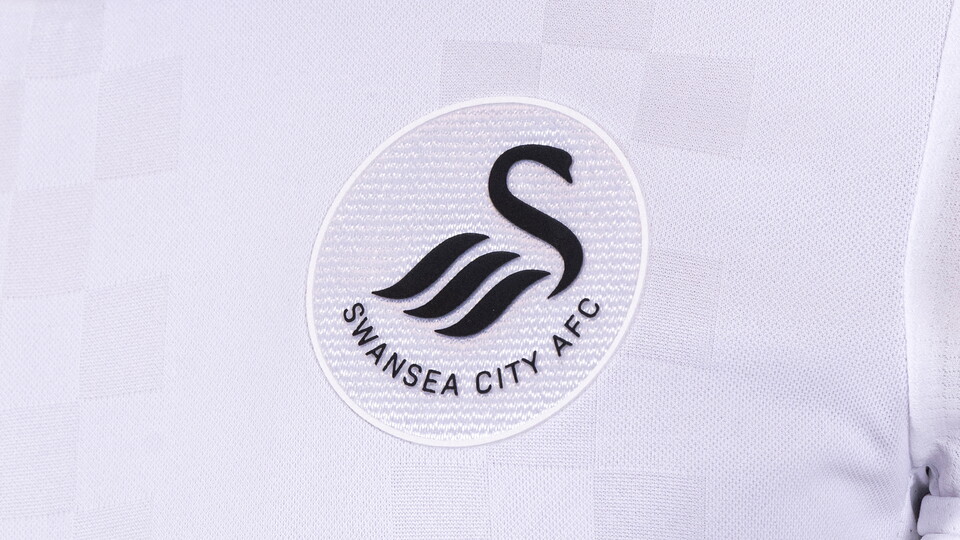MEMORY MATCH: Dave Rushbury
Mon, 01/09/2017 - 17:00
In the latest installment of our 'Memory Match' feature, former Swans defender Dave Rushbury looks back on a 3-1 victory over Sunderland in the old Second Division.
There was just a point between ninth-placed Swansea City and 10th-placed Sunderland in the old Division Two (now the Championship) table when the Wearsiders visited Vetch Field on November 10, 1979.
With the clubs just four and five points off the top of table respectively, there was a lot to play for when John Toshack's Swans took on Ken Knighton's Black Cats that afternoon.
For Swansea defender Dave Rushbury and his team-mates, though, the match couldn't have started any worse than it did.
Straight from kick-off, Sunderland won a corner which Tim Gilbert floated into the Swansea penalty area. Alan Brown rose and headed the ball beyond goalkeeper Glan Letheren to put the visitors in front after just 45 seconds.
Seven minutes later, though, Swansea equalised through Brian Attley, who fired home after a goal-line scramble that had resulted from an Ian Callaghan corner.
"Brian was my partner in crime on the other side of our defence to me," smiles Rushbury, who played 52 league matches for the Swans between 1979 and 1981.
"Brian was two-footed, so he could play either full-back position. Under John Toshack's system of three centre-backs, I was able to move inside and play as the left of three centre-halves.
"Brian would often be in front of me in this system. He was a brilliant technical player who read the game absolutely perfectly. Whenever he was in the team we were steady and he was great going forward, with superb distribution."
After an entertaining first half, which finished at 1-1, Swansea began to dictate the tempo of the game in the second period.
On 64 minutes, another Callaghan corner caused confusion in the Sunderland defence and Attley and fellow Swans defender Nigel Stevenson both attacked the loose ball.
It was Stevenson who got the all-important touch inside the six-yard box to guide the ball past Black Cats goalkeeper Chris Turner - much to the delight of the majority of the 15,826 crowd.
"Nigel Stevenson was great coming up for set-pieces and getting his head on the ball or hammering it home when it was scrambling around like that," says Rushbury.
"He was awesome in the air both from a defensive and an attacking point of view - that was his big strength.
"When we were defending, anything that needed to be headed clear would usually be left to Speedie (Stevenson)!"
Swansea made sure of their victory 12 minutes from time when Robbie James latched on to a poor clearance from Sunderland's Shaun Elliott and beat Turner with a right-footed drive.
"Robbie James was an absolute legend," comments Rushbury. "It was so sad when we learnt of his passing at such a young age.
"As a player, he had everything. He couldn't run 10 yards in training but on a matchday he wouldn't stop running for 90 minutes, often with the ball at his feet! He was a proper goalscorer too."
Swansea moved up to seventh in the table after their victory over Sunderland, while the Black Cats dropped to 12th. Despite the defeat, the campaign would go on to be a memorable one for the Wearsiders who eventually finished second and were promoted to the top flight at the end of their centenary season.
"The three teams that got promoted that season (Leicester City, Sunderland and Birmingham City) were all very good," comments Rushbury.
"Leicester won the division and they were the best side I remember playing that season.
"They came to the Vetch and turned us over (a 2-0 win in September 1979).
"But Sunderland were especially good at home and certainly no teams liked playing up there at Roker Park.
"We managed to get a draw (1-1 in March 1980) later in the season, which was a great result given how well they performed there and the support they got."
Sunderland won 16 of their 21 matches at Roker Park as they went undefeated there during the 1979-80 season, drawing the other five games.
Swansea ended the campaign in 12th position in Division Two, halting a run of two successive promotions that had seen the club move from fourth to the third tier of league football in 1978 and from the third to the second tier a year later.
The following season, of course, would see Swansea finish third in Division Two and achieve their first promotion to the top flight.
"It was magnificent to be part of that Swansea team that achieved the historic promotion to Division One in 1981," adds Rushbury, who later played for the likes of Carlisle United, Gillingham, Doncaster Rovers, Bristol Rovers and Cambridge United before retiring from playing professional football in 1987.



